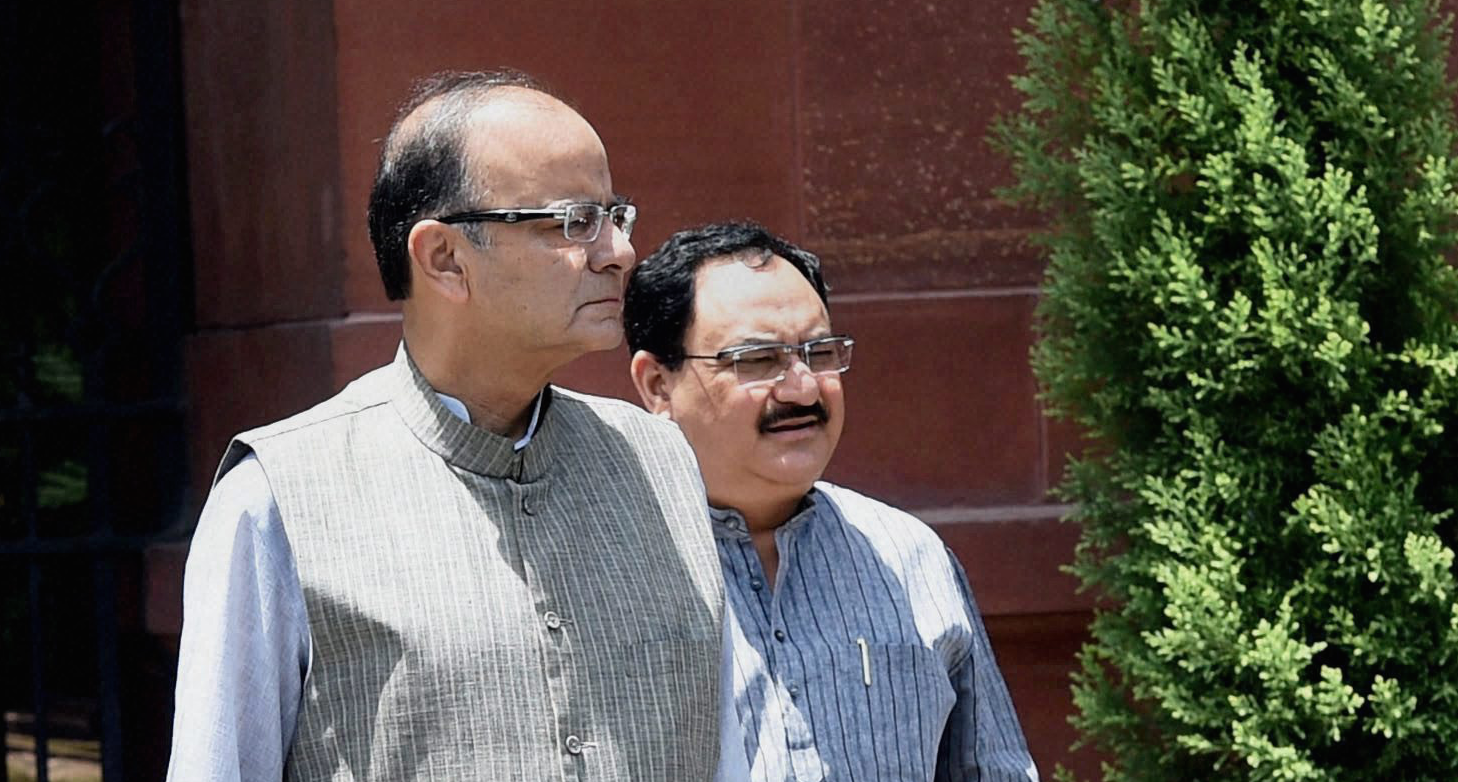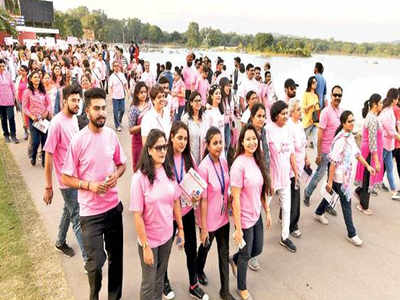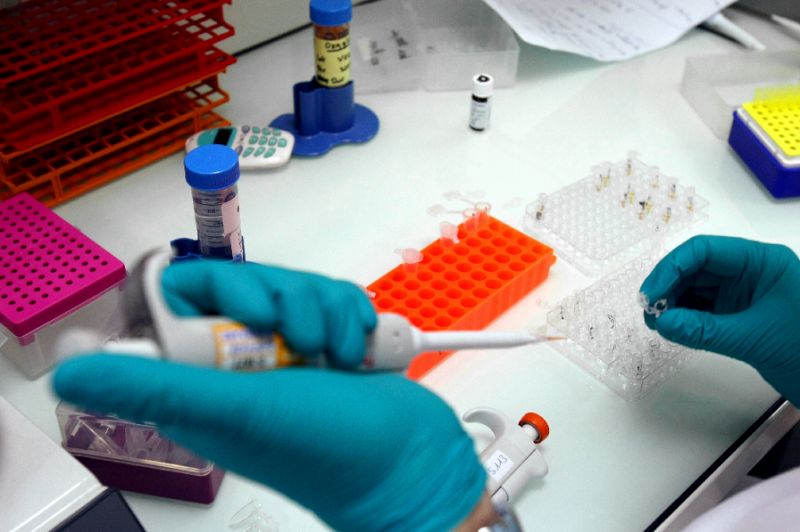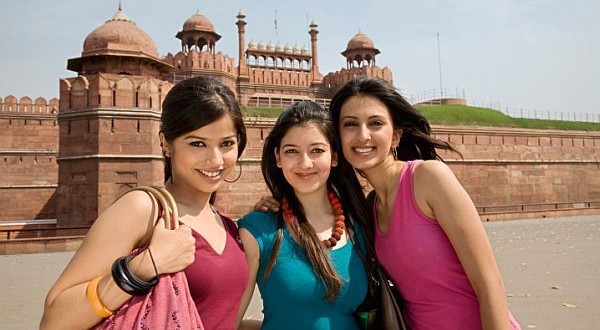New Delhi| Sandeep Dwivedi
With an aim to introduce reforms in various areas, majorly rural developments, health and Cleanliness, Union Finance Minister Arun Jaitley on Monday presented the annual budget for the fiscal year 2016-17. However, the minister did not go for any hike or fall in the budget allocation to any of the social sectors such as health, education or disability welfare among several others.
Among the most appreciated decisions taken by the central Government were the launch of National Dialysis Services Programme to make the expensive medical procedure available to the people in rural areas, who cannot usually afford it. Also the Government announced the set up of 3,000 new generic medicine centers across the country. Start ups will also help to invest in medical world. Better road infra will ensure to reduce accidents.
Commenting on the schemes and outlay for the health sector Union Health MinisterJ P Nadda said: “The budget has given the required impetus to the health sector and the health ministry is completely geared up to implement the schemes announced in the budget.”
Under the National Dialysis Services Programme, the Government aims to tackle the high costs involved in the renal dialysis processes in big hospitals and make it easier for the poor. Now every district hospital of the states will have the facilities of renal dialysis.
About 2.2 lakh new patients of End Stage Renal Disease get added in India every year resulting in additional demand for 3.4 Crore dialysis sessions. With approximately 4,950 dialysis centres in India, largely in the private sector and concentrated in the major towns, the demand is only half met.
“Every dialysis session costs about Rs.1500- 2,000, an annual expenditure of more than Rs. 3 lakh. Besides, most families have to undertake frequent trips, often over long distances, to access dialysis services, incurring heavy travel costs and loss of wages,” said Finance Minister Jaitley. The Minister has announced exempting certain equipment required for dialysis from customs duty.
Jaitley, who was presenting his third budget speech after taking over as the Finance minister in 2014, also introduced health insurance of Rs 1 lakh per family, which was as a whole appreciated by the medical experts of the country.
The Government has also emphasised on free LPG connection for poor family, which will help in controlling illness among the people living in rural areas, usually occurring due to the indoor air pollution.
Indoor air pollution is 10 times worse than outdoor air pollution. The effect of wood smoke is a big cause of Asthma and cancer diseases. The ill-effects of indoor air pollution result in about 2 million premature deaths per year.
“Free LPG connections will be provided in the name of woman member and electrification of villages to reduce these numbers. A woman cooking food with biomass, breathing smoke is equally to 400 cigarette. 05 crore households greatly benefited with these LPG connections, Prime Minister Narendra Modi told in his message after budget.
Finance Minister also stated that the Rs. 9000 crores for the Prime Minister Narendra Modi’s pet initiative Swachh Bharat Abhiyan will help in the prevention of infectious diseases. Diarrhea is the third leading cause of childhood mortality in India.
By introducing the health insurance of Rs one lakh per family, the budget, which hinted the Government’s experimentation attitude, also saw a bit for the senior citizens.
Under the scheme, for Senior citizens of the age 60 years and above belonging to this category, an additional top-up package up to Rs.30,000 will be provided.This new scheme have proposed to link to bank accounts of beneficiaries through direct transfer the subsidised amount to the account.
The Government would subsidise the premium for those seniors citizen who are included in below poverty in this proposal and up to 90% through cash transfer to their bank account.
The Government under the new policies framed for the fiscal year 2016-17 increased the excise duties on various tobacco products other than beedi raised by about 10 to 15 per cent. Alcohol will also get expensive after increasing duty.
The decision saw the prominent health experts including former AIIMS Dean P.K Jhulka welcoming this step.
“Tobacco-related cancers constituted for 40.9% of all cancers in males and 11.4% of all cancers in females. Cancers of lip, tongue, mouth, esophagus, larynx, lung and urinary bladder are considered related to tobacco use,” said Jhulka.










